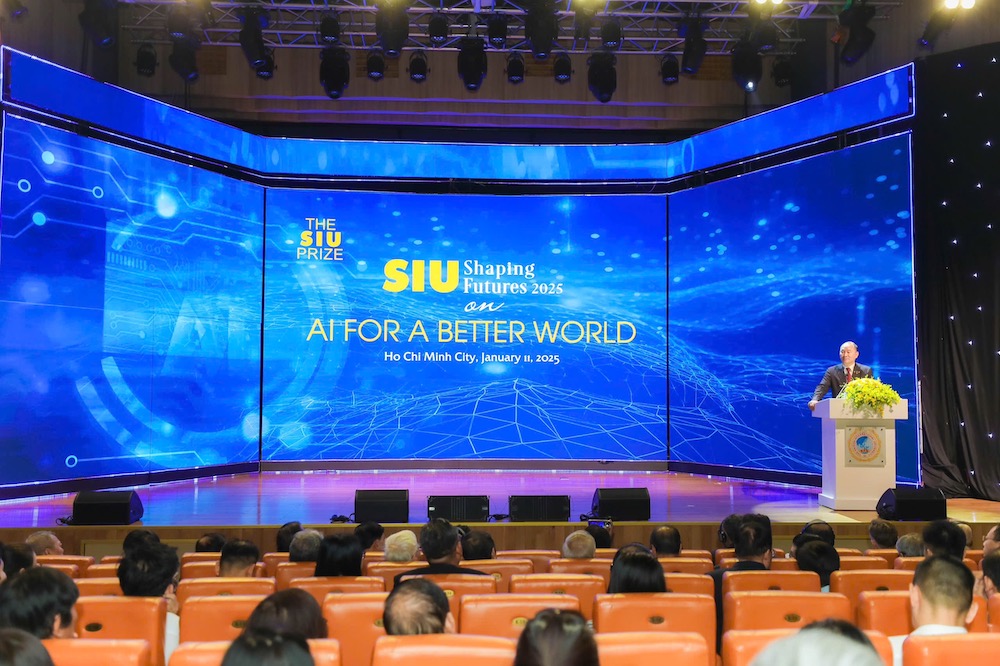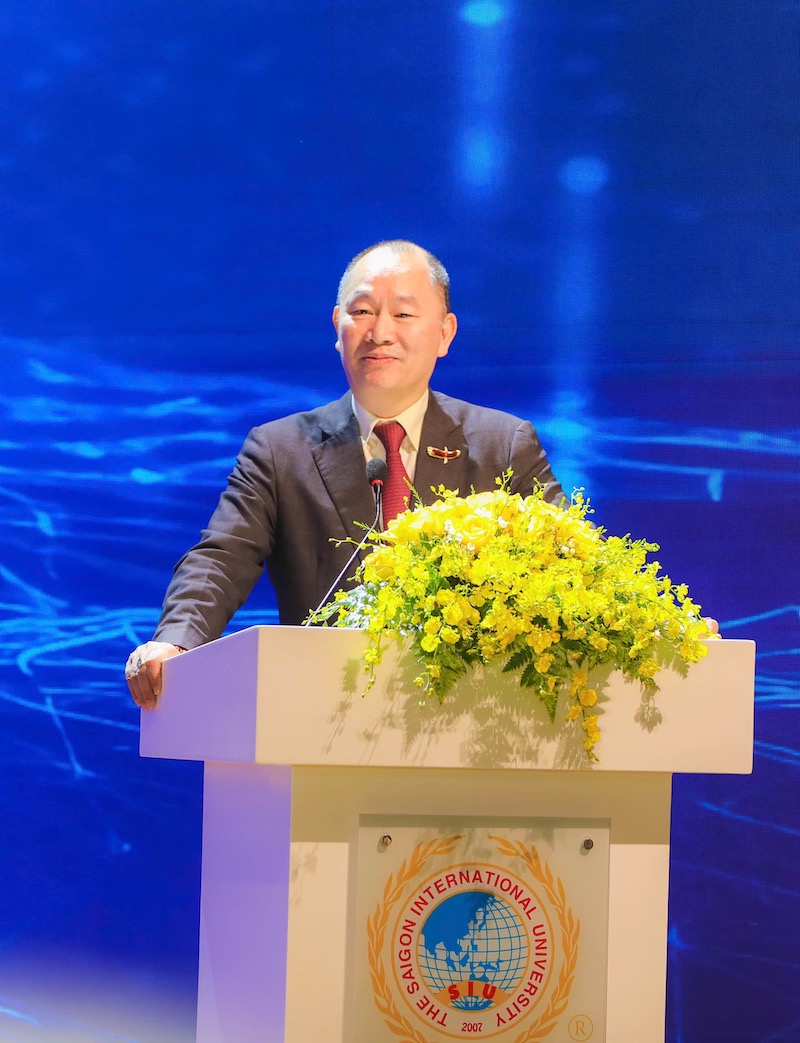
by Editor BGF | Jan 20, 2025 | News
President-elect Donald Trump said Sunday that he plans to issue an executive order that would give TikTok’s China-based parent company more time to find an approved buyer before the popular video-sharing platform is subject to a permanent U.S.ban.
Trump announced the decision in a post on his Truth Social account as millions of TikTok users in the U.S. awoke to discover they could no longer access the TikTok app or platform. Google and Apple removed the app from their digital stores to comply with a federal law that required them to do so if TikTok parent company ByteDance didn’t sell its U.S. operation to an approved buyer by Sunday.
He said his order would “extend the period of time before the law’s prohibitions take effect” and “confirm that there will be no liability for any company that helped keep TikTok from going dark before my order.
“Americans deserve to see our exciting Inauguration on Monday, as well as other events and conversations,” Trump wrote.
https://apnews.com/article/tiktok-ban-trump-biden-china-bdc79b7ce741a81761f67ea56d410103

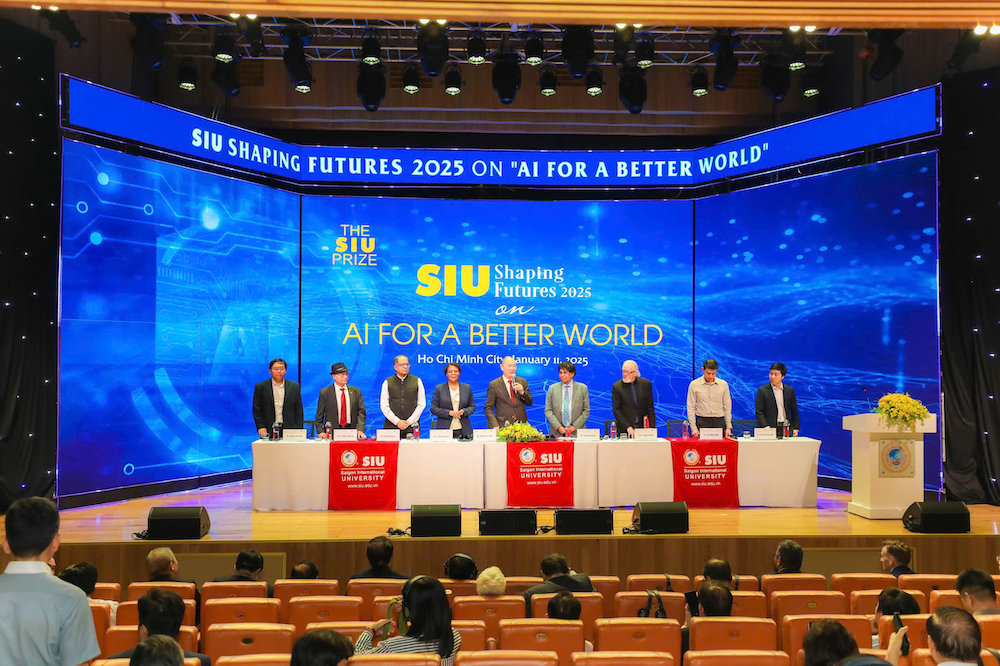
by Editor BGF | Jan 20, 2025 | Global Alliance for Digital Governance, AI Action Summit
As global efforts intensify to build the AI World Society (AIWS), nations and organizations worldwide are coming together to support the AIWS Government 24/7 initiative, which aims to reshape governance through artificial intelligence. This historic collaboration was highlighted at the upcoming AI Action Summit in Paris.
USA:
The Boston Global Forum (BGF) and the Wilson Center’s Wahba Institute for Strategic Competition under the leadership of Hon. Mark Kennedy, are pivotal in advocating for the AIWS Government 24/7 model. Their strategic collaboration calls on global leaders to implement AI-driven governance for greater efficiency, transparency, and societal benefits.
Vietnam:
In a landmark move, the Nha Trang Khanh Hoa government became the first to officially endorse the AIWS Government 24/7 initiative, and expressed their readiness to host an international conference on the model. At the Saigon International University (SIU) Prize Computer Science Award Ceremony and the SIU Shaping Futures Conference on “AI for a Better World,” attendees, including SIU Prize Laureates, scientists, and scholars, urged governments, businesses, and academic institutions worldwide to join forces in realizing the AIWS Government 24/7 and the Boston Areti AI (BAI) model.
India:
India, through iSPIRT, is making significant contributions to the technical development of AIWS Government 24/7, providing critical solutions like the Digital Public Infrastructure (DPI) and Citizen Stack to build AI-driven governance.
Japan:
The Shinzo Abe Initiative will also contribute to the AI Action Summit in February 2025, demonstrating Japan’s strong commitment to supporting AIWS Government 24/7 and the ongoing global cooperation to integrate AI into governance.
This collaborative international effort underscores the growing support for AIWS Government 24/7 as a model for a new era of governance, fostering global peace, prosperity, and stability through the power of AI.

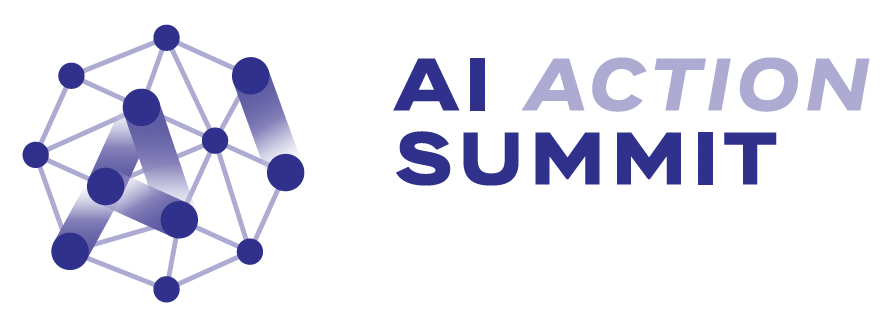
by Editor BGF | Jan 20, 2025 | AI Action Summit, News
The Boston Global Forum (BGF) is proud to co-organize two major events as part of the AI Action Summit, which will take place in Paris on February 10-11, 2025.
The first event, titled “Government 24/7: How AI Might Best Transform Governance”, will be held on February 11, 2025. This hybrid event, with its main venue in Paris, will be connected globally to cities including Boston, Washington DC, Tokyo, Taipei, Nha Trang, New Delhi, and Cabo Verde. The agenda includes a Special Report on Government 24/7 and a New Paris of Enlightenment, and Statement of Dialogs from outstanding students of leading universities such as Harvard, MIT, Stanford, Berkeley, Georgetown, Columbia, Princeton, Chicago, UCLA, Cambridge, Oxford, Paris PSL, alongside world leaders discussing “Toward a New Paris of Enlightenment”.
In addition, the second event, “AI Action Summit: Transforming Governance in the Age of AI”, marks the beginning of a series of events On the Road to the AI Action Summit, which started on January 4, 2025.
These events will serve as pivotal moments in shaping global discussions on the future of AI governance, focusing on leveraging artificial intelligence for the betterment of society and creating more effective, inclusive, and transparent governance worldwide.

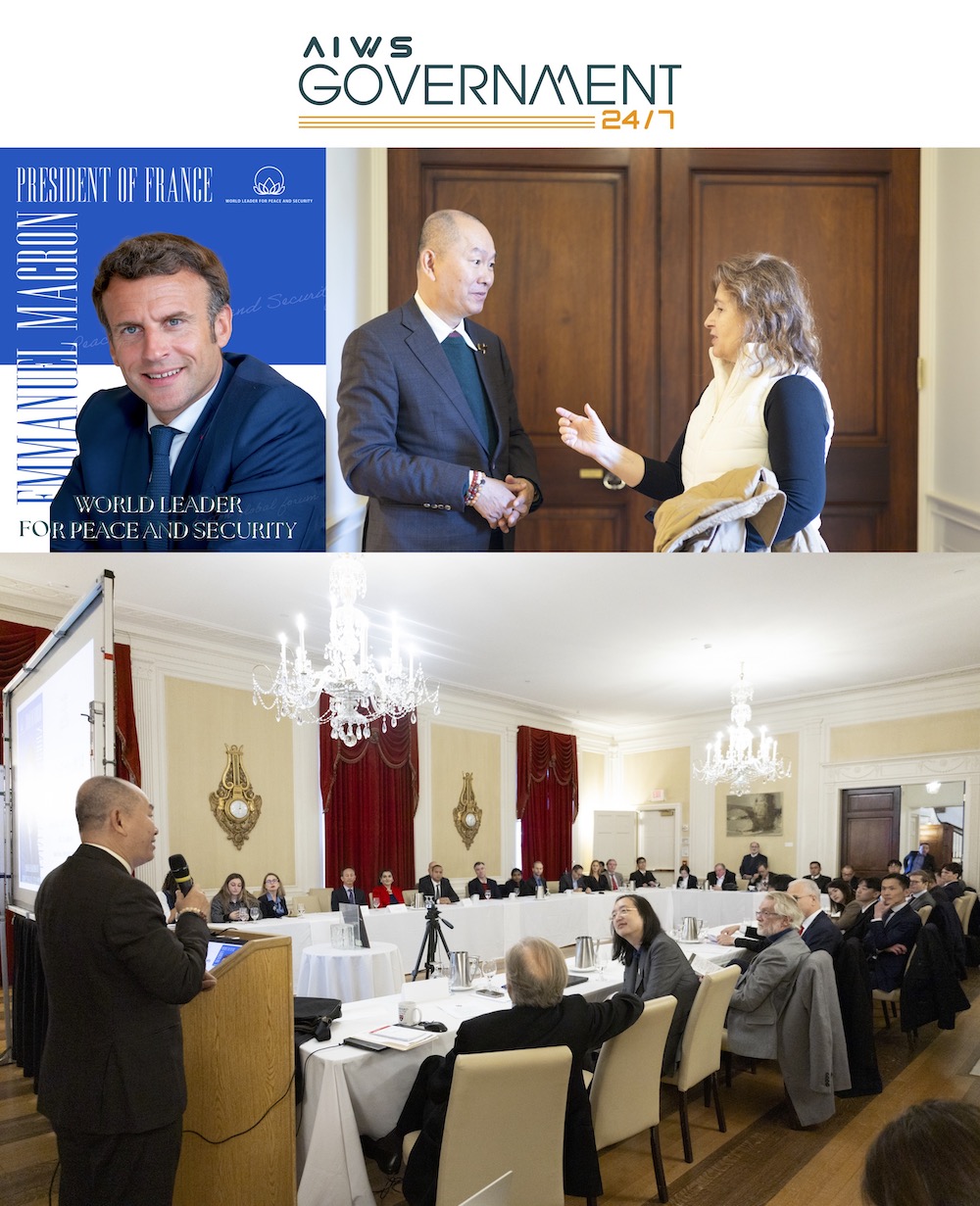
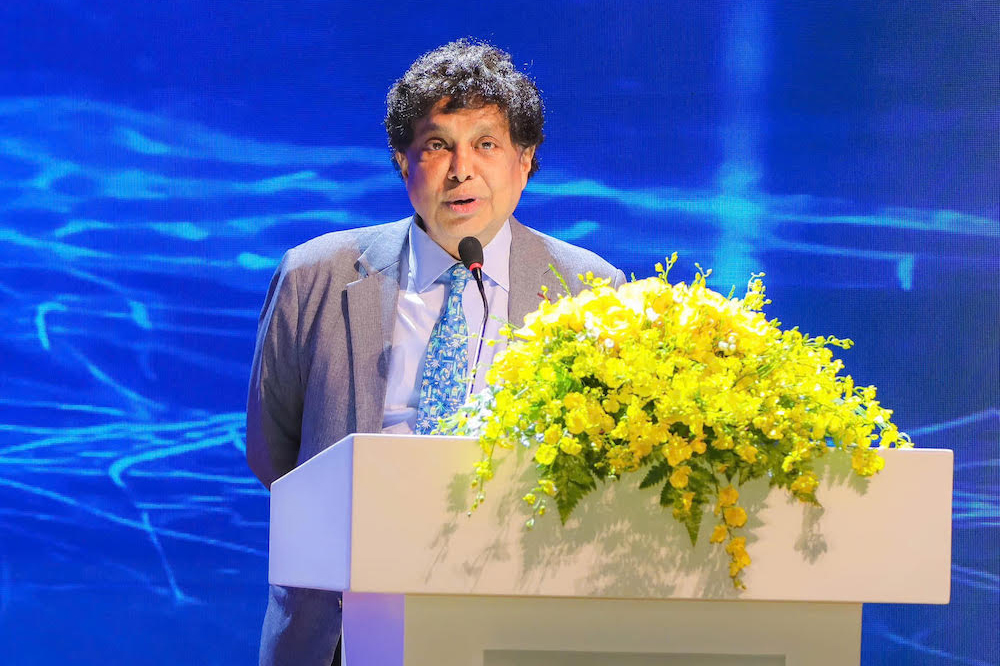
by Editor BGF | Jan 13, 2025 | News, Shaping Futures
Ho Chi Minh City, January 11, 2025
Saigon International University (SIU)
Today, at The Saigon International University (SIU) Prize Computer Science Award Ceremony and the international conference SIU Shaping Futures on “AI for a Better World,” SIU Prize Laureates, SIU Prize Candidates, speakers, scientists, and participants join SIU in calling on governments, the business community, and academic institutions worldwide to collaborate and work toward realizing the AIWS Government 24/7 and Boston Areti AI (BAI) model.
In 2025, marking the 50th anniversary of Vietnam’s reunification, this effort also represents a milestone contribution from Vietnam to the world—demonstrating how principles of innovation, collaboration, and ethical AI can be harnessed to benefit global society.
Through this collective vision, we aim to shape the future of AI in ways that foster continuous governance, ethical innovation, and greater well-being for all, while liberating the human mind, body and spirit from the tedium of tasks that inhibit creativity and true flourishing. As SIU strives to accompany and contribute to the development of these transformative models, we invite leaders, policymakers, researchers, and industries to partner with us, ensuring that AI-driven governance remains both principled and human-centered.
Shaping Futures on “AI for a Better World”
SIU’s commitment to pioneering research, inclusive education, and ethical AI practices underscores our dedication to nurturing the next generation of global innovators. By building the AIWS Government 24/7 framework and implementing BAI, we believe nations can deliver more responsive public services, ensure transparency, and ultimately create a better world through responsible AI integration.
A Call to Action
We encourage all stakeholders—governments, academic institutions, technology companies, and civil society organizations—to unite under this shared mission:
- Collaborate on research, development, and policy frameworks that uphold ethical standards and prioritize the public interest in AI.
- Invest in scalable infrastructure, human capital, and interdisciplinary studies to propel continuous AI innovation.
- Champion transparent, accountable, and inclusive AI governance that respects human dignity, ensures equitable access, and fosters global cooperation.
With perseverance and unity, we believe that together, we can shape an even brighter future — one where AI is harnessed for the benefit of all humanity.
Saigon International University (SIU)
On behalf of all Laureates, Speakers, and Participants
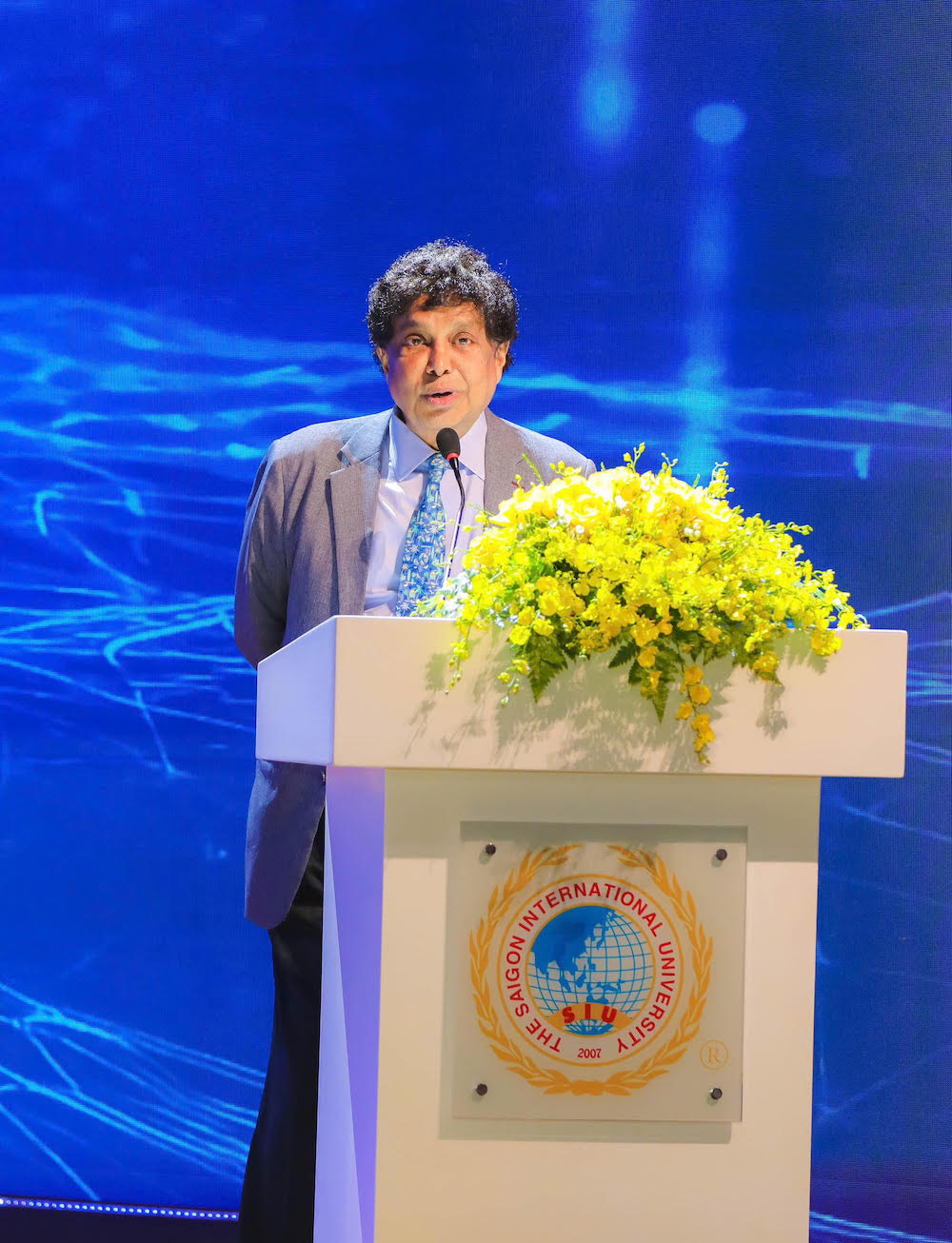
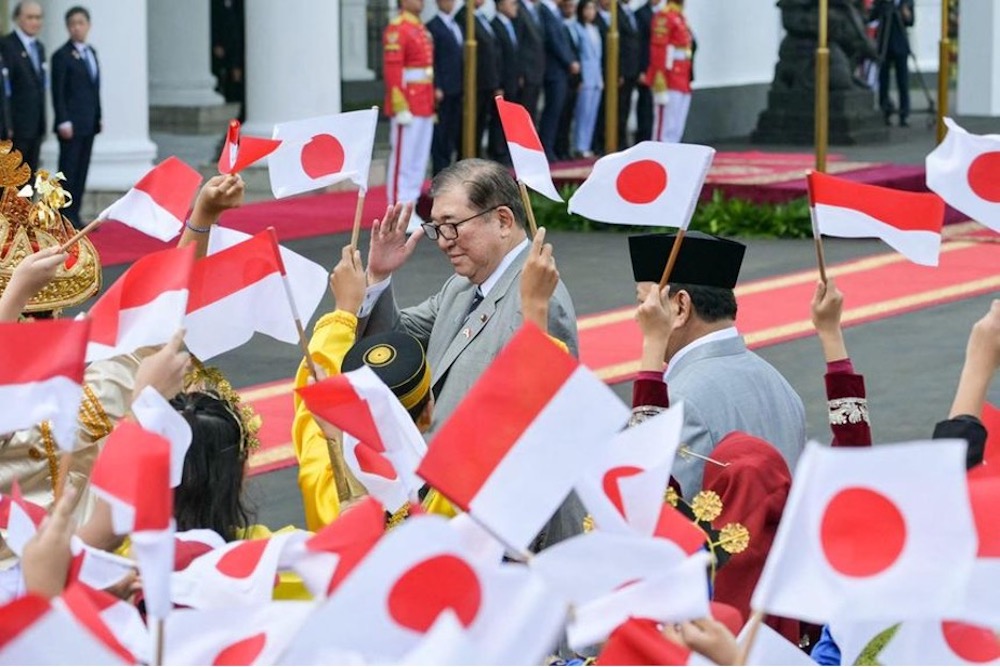
by Editor BGF | Jan 13, 2025 | Shinzo Abe Initiative for Peace and Security, News
Japanese Prime Minister Shigeru Ishiba, on a four-day visit to Malaysia and Indonesia ending Jan 12, sought to deepen military, economic and energy security ties as China’s influence in South-east Asia loomed large.
The significance that he chose these countries as his first destinations for bilateral summits since taking office in October 2024 was not lost on many, given that there are signs that both are deepening their ties with Beijing.
Speaking to reporters with Indonesian President Prabowo Subianto beside him, Mr Ishiba himself alluded to this on Jan 11: “The international situation is becoming more complex and uncertain.
“Nevertheless, South-east Asia remains the centre of global growth with stable economic development, so enhancing collaboration in this region is a priority for Japanese diplomacy.”.
He had made a similar point in Malaysia on Jan 10, alongside Prime Minister Anwar Ibrahim.
Malaysia chairs the ASEAN grouping for 2025, while Indonesia is home to the 10-member bloc’s largest population and economy.
Both countries are also strategically located along the Strait of Malacca, through which many cargo shipments pass through en route to Japan, making them pivotal to ensuring the freedom of the seas in Japan’s Free and Open Indo-Pacific vision.
Dr Taizo Miyagi of Chuo University told The Straits Times that while the relationship that Japan has built with Asean since the end of World War II has been a “great asset for its diplomacy”, Japan’s presence in the region has inevitably weakened relative to China’s.
Choosing to visit ASEAN first – as had former prime ministers Shinzo Abe and Yoshihide Suga – sends the message of Japan’s commitment to the region’s growth and future, he added.

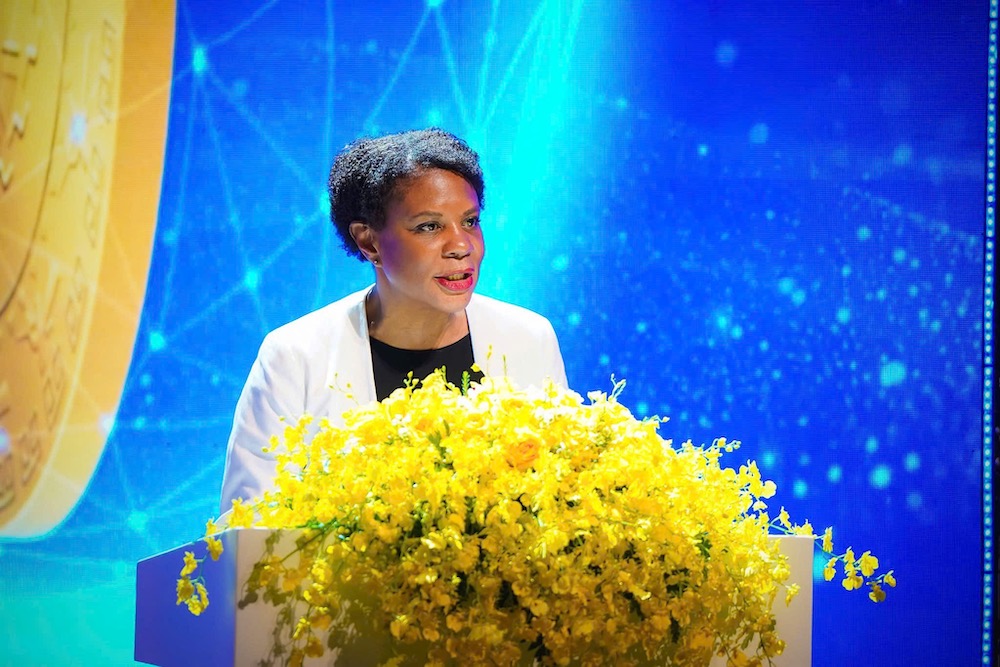
by Editor BGF | Jan 13, 2025 | World Leader for Peace and Security, News, World Leaders in AIWS Award Updates
AT THE AWARD CEREMONY OF THE SIU PRIZE COMPUTER SCIENCE SEASON 1
Ho Chi Minh City, January 11, 2025
Dear distinguished leaders, scholars, and guests,
It is an honor to be here today at the SIU Prize Ceremony, a distinguished initiative organized by Saigon International University (SIU). This special occasion celebrates the exceptional achievements of talented individuals of Vietnamese or Vietnamese descent from around the world.
The SIU Prize serves as a testament to the recipients’ dedication, perseverance, and their ability to contribute to the advancement of knowledge and society.
We are particularly proud to celebrate the accomplishments of these individuals, as their success reflects the bright future that lies ahead for Vietnam and its global community. Their contributions are an inspiration to us all and highlight the importance of fostering intellectual growth, innovation, and global cooperation.
As we look ahead, we are hopeful that these talented individuals will continue to push boundaries, particularly in the fields of AI and technology. Their expertise and commitment are vital for building a future that embraces the promises of the AI Economy and Society in Vietnam and globally. We hope their work will play a significant role in shaping the AI World Society, ensuring that technology not only drives progress but also serves the common good.
Congratulations to all the recipients of the SIU Prize. Your hard work and exceptional achievements are a testament to the transformative power of innovation. We are confident that you will continue to make valuable contributions to a better world through your work in AI and beyond.

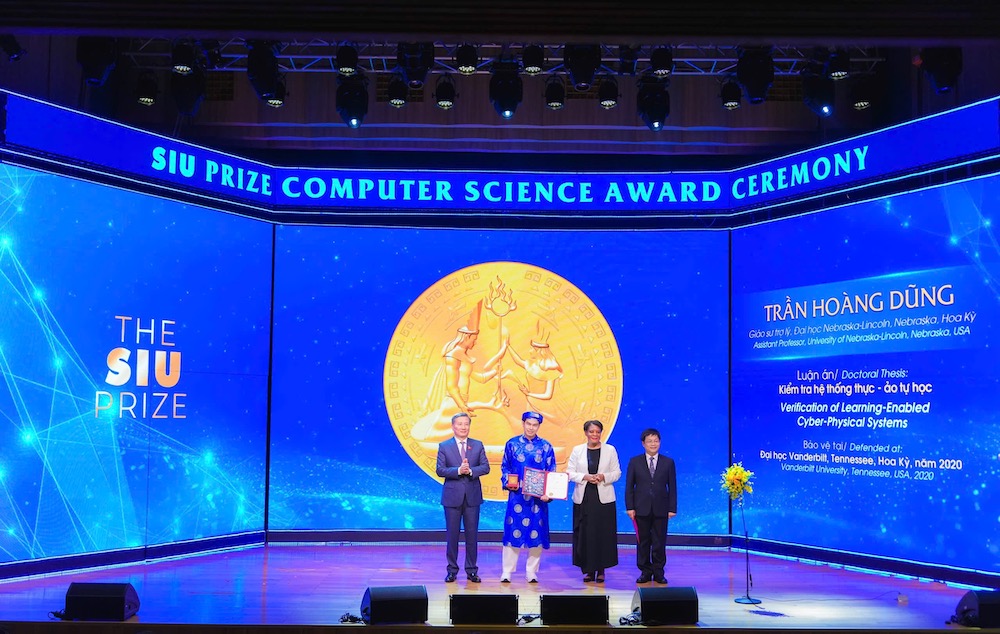
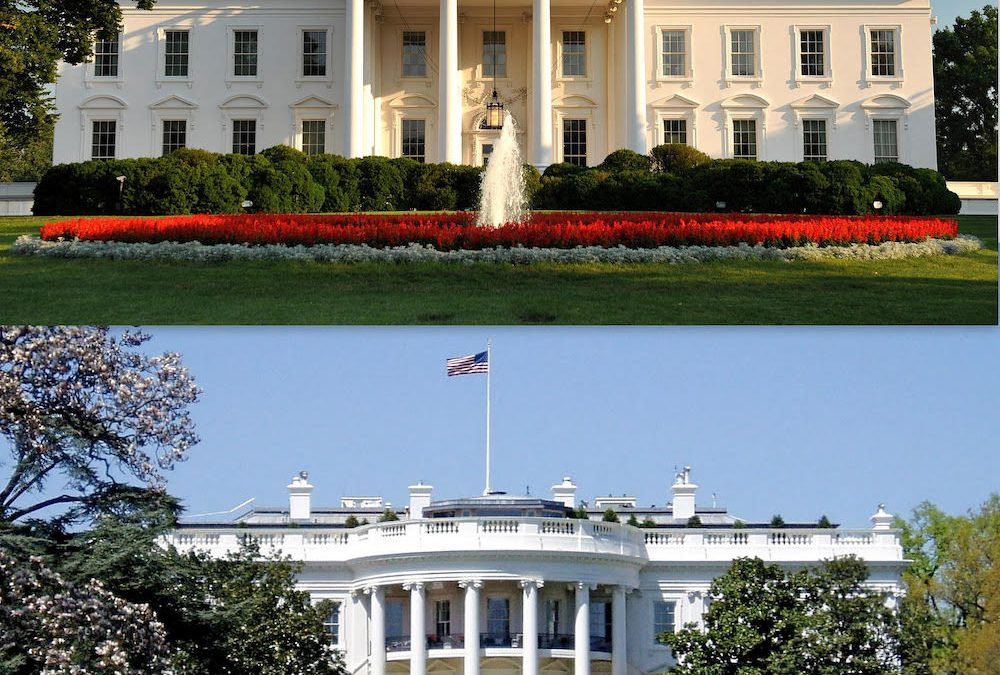
by Editor BGF | Jan 13, 2025 | News
In one of the most important cases of the social media age, free speech and national security collide at the Supreme Court on Friday, January 10, 2025, in arguments over the fate of TikTok, a wildly popular digital platform that roughly half of the people in the United States use for entertainment and information.
TikTok could shut down its social media site in the U.S. by January 19, unless the Supreme Court strikes down or delays the effective date of a law aimed at forcing TikTok’s sale by its Chinese parent company.
Here is the full article for reading.
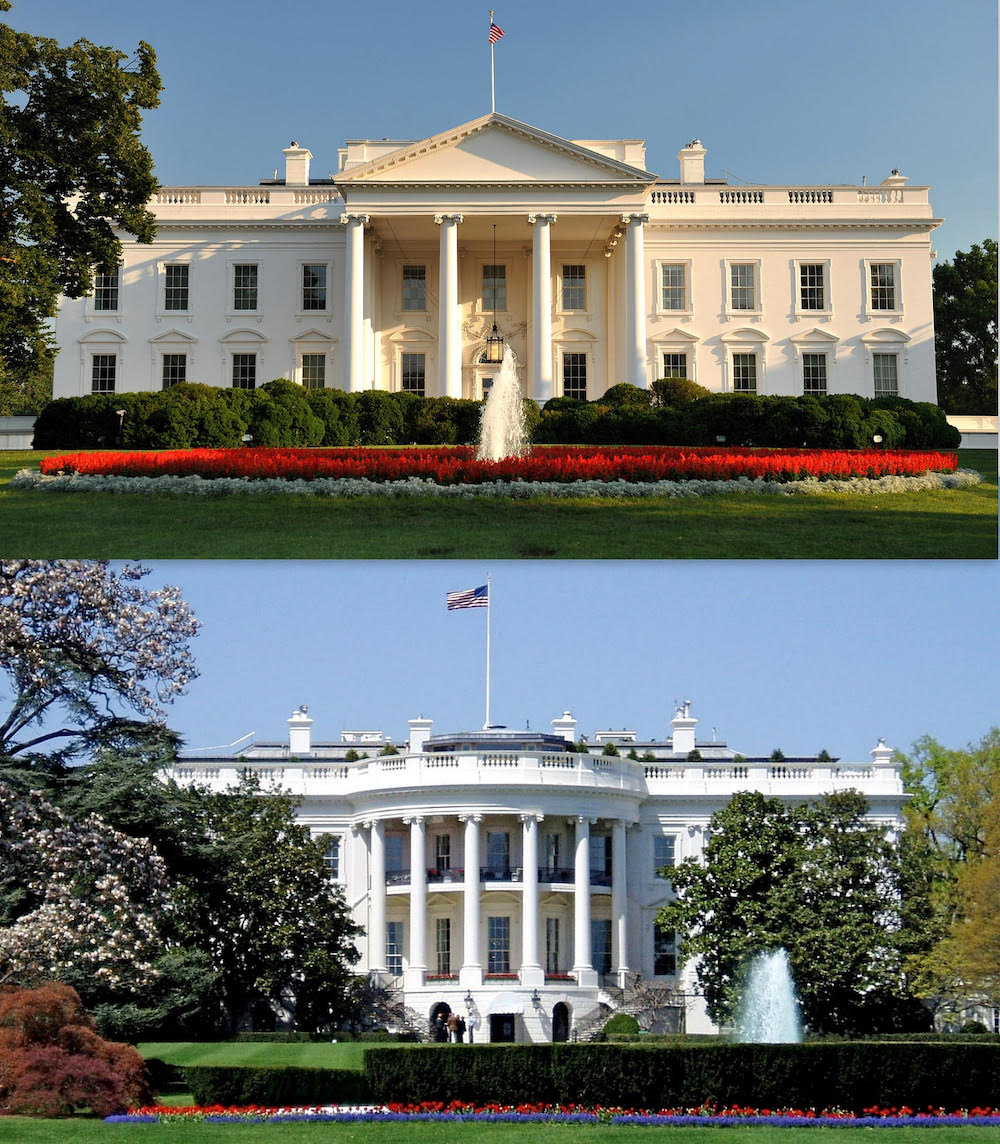
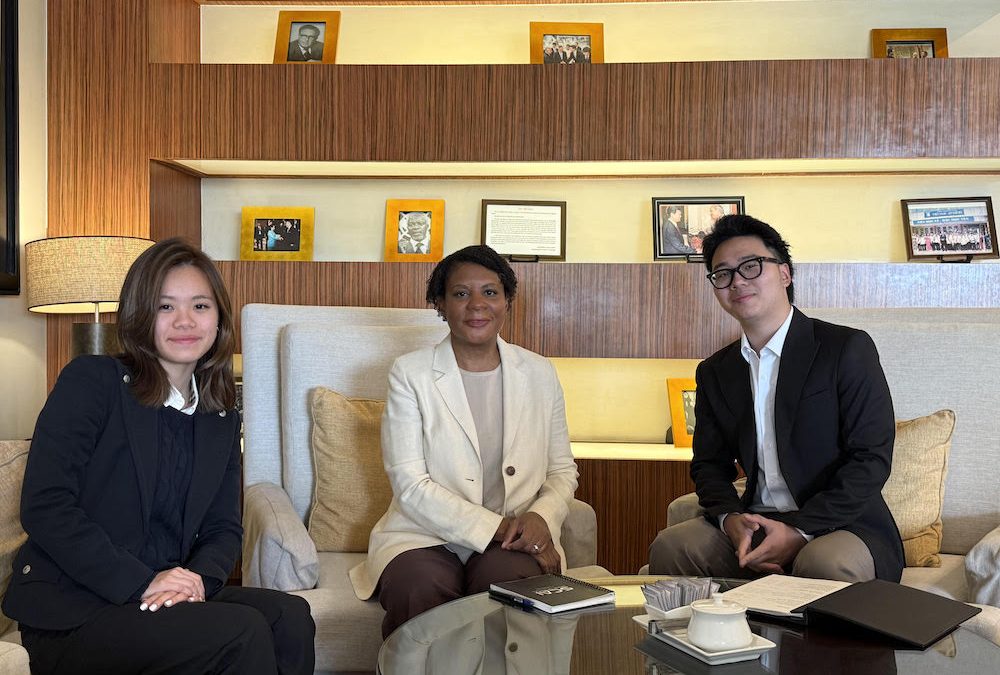
by Editor BGF | Jan 13, 2025 | Global Alliance for Digital Governance
Professor Alondra Nelson, U.S. National Science Board Member and World Leader in AIWS Award recipient, visited Vietnam from January 6 to January 14, 2025.
On January 6, 2025, in Hanoi, Professor Nelson met with students from both Berkeley and Australia, who are part of the Enlightenment in Action Alliance (EAA). They discussed the future of AI and their contributions to building the AI World Society (AIWS). On January 10, 2025, she continued her discussions in Nha Trang, Vietnam, where she spoke with excellent students and young leaders from Khanh Hoa, Vietnam. The students expressed their deep passion for learning and their commitment to using AI to create a better world. Their dedication to ethical AI practices and global cooperation was evident in the thought-provoking conversations during the meeting.
Throughout her visit, Professor Alondra Nelson received widespread appreciation, respect, and admiration from the students, who expressed their gratitude for her guidance and leadership. Her efforts to advance the goals of the AIWS continue to inspire these young leaders, who are committed to shaping the future of AI in ways that benefit global society.
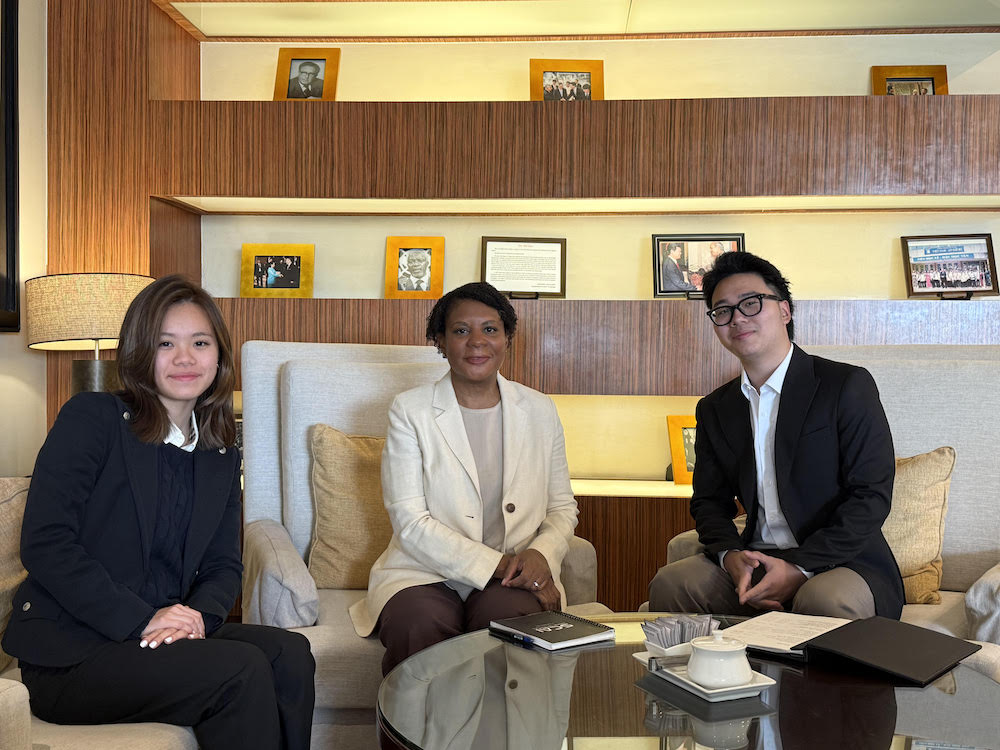
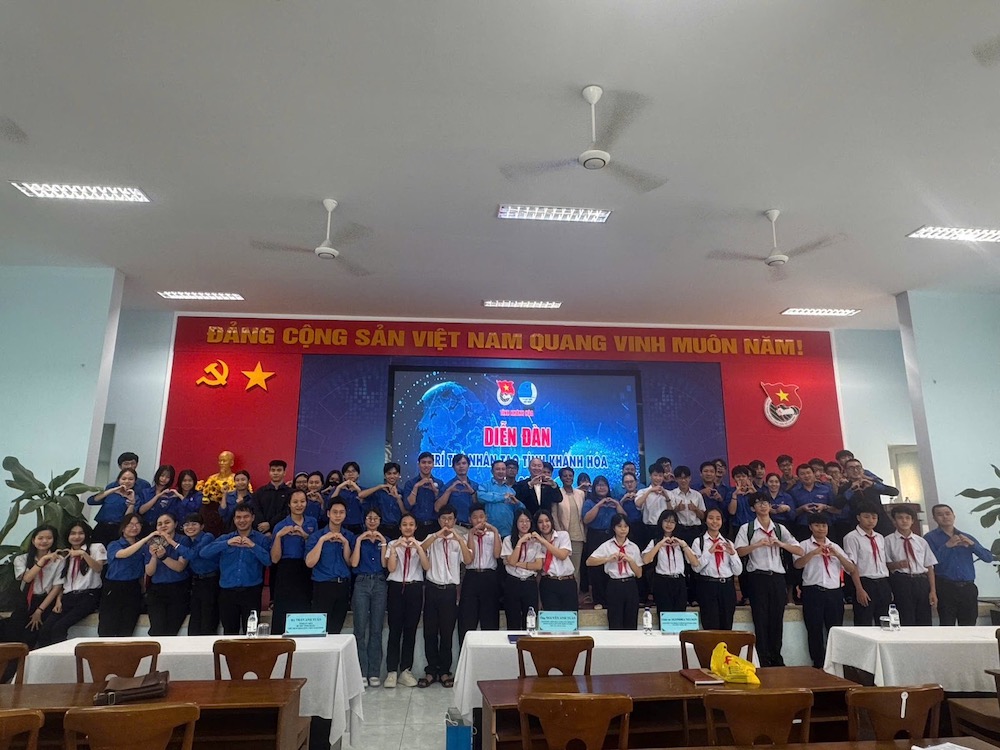
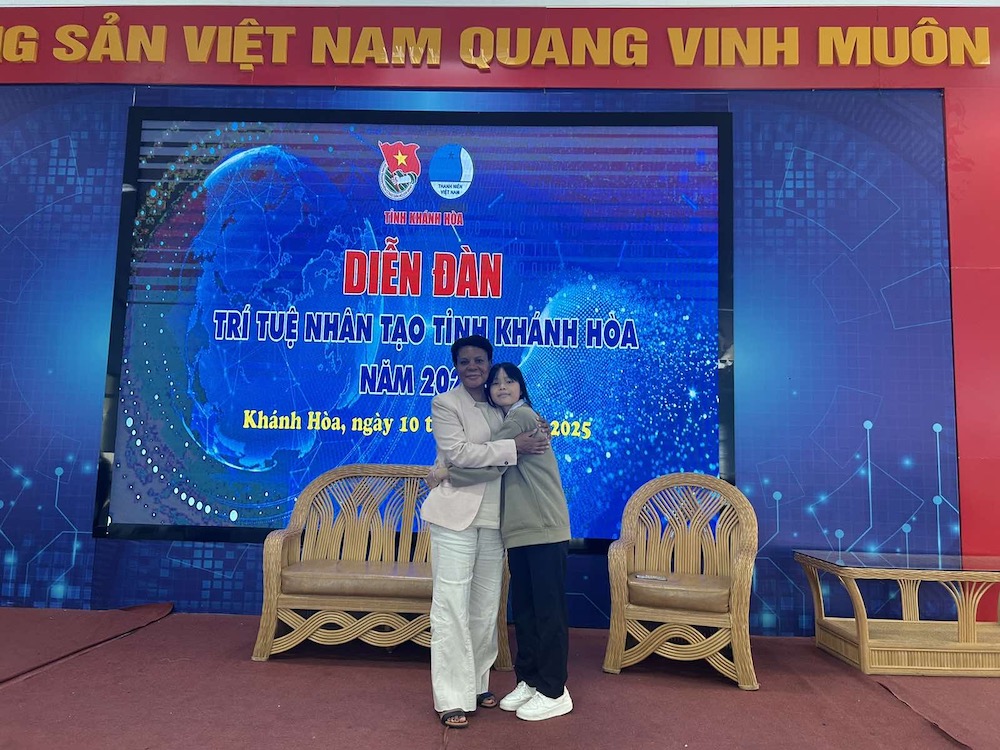
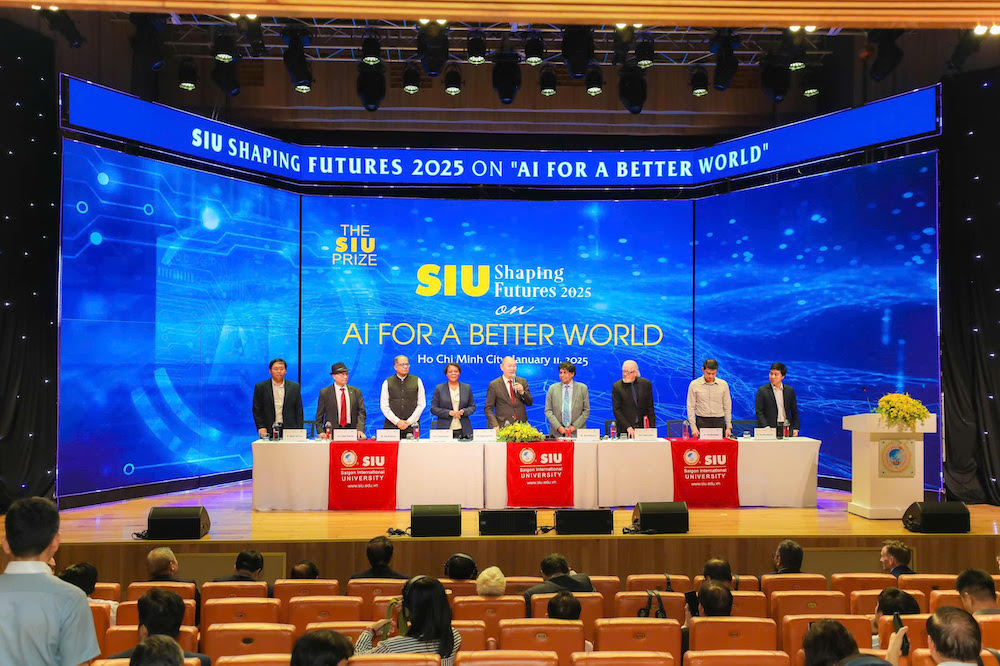
by Editor BGF | Jan 13, 2025 | News
On January 11, 2025, in Ho Chi Minh City, during the Saigon International University (SIU) Prize Computer Science Award Ceremony and the SIU Shaping Futures international conference on “AI for a Better World,” distinguished SIU Prize Laureates, SIU Prize Candidates, speakers, scientists, and participants united to call on governments, businesses, and academic institutions worldwide to collaborate on realizing the AIWS Government 24/7 and Boston Areti AI (BAI) models.
This initiative, taking place in 2025 — marking the 50th anniversary of Vietnam’s reunification — highlights a significant contribution from Vietnam to the global community. Distinguished scholars in attendance included Alondra Nelson, Sharad Sharma, Thomas Kehler, Ramu Damodaran, Nguyen Anh Tuan (Boston Global Forum), Nguyen Thanh Thuy, Hoang Kiem, along with leaders from the Vietnam National Assembly, Ho Chi Minh City, Da Nang City, the Ministry of Training and Education, the Ministry of Science and Technology, Vietnam National University, and international diplomats in Ho Chi Minh City.

